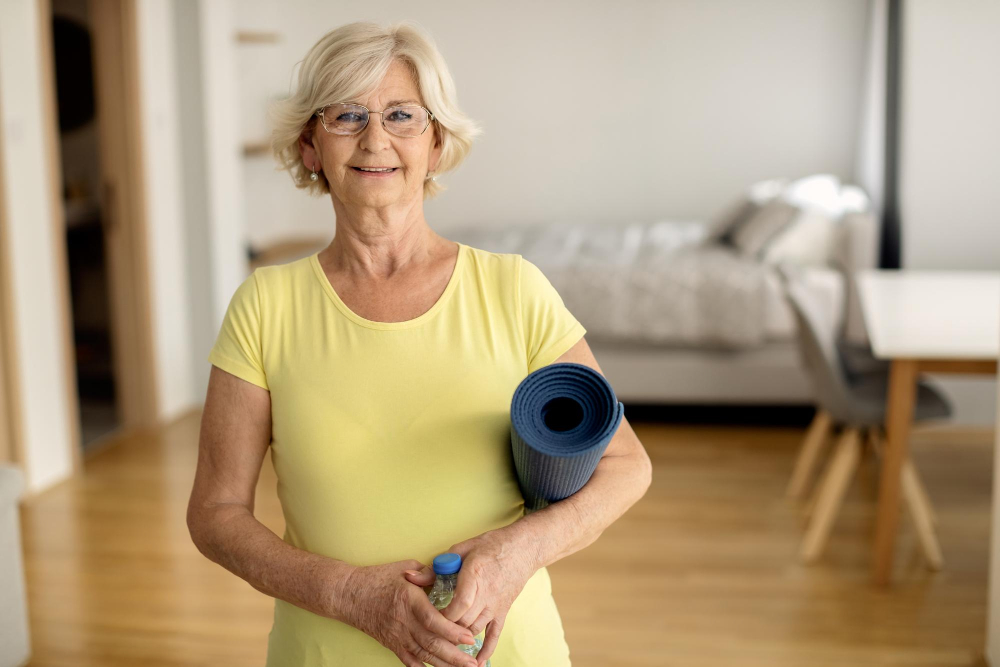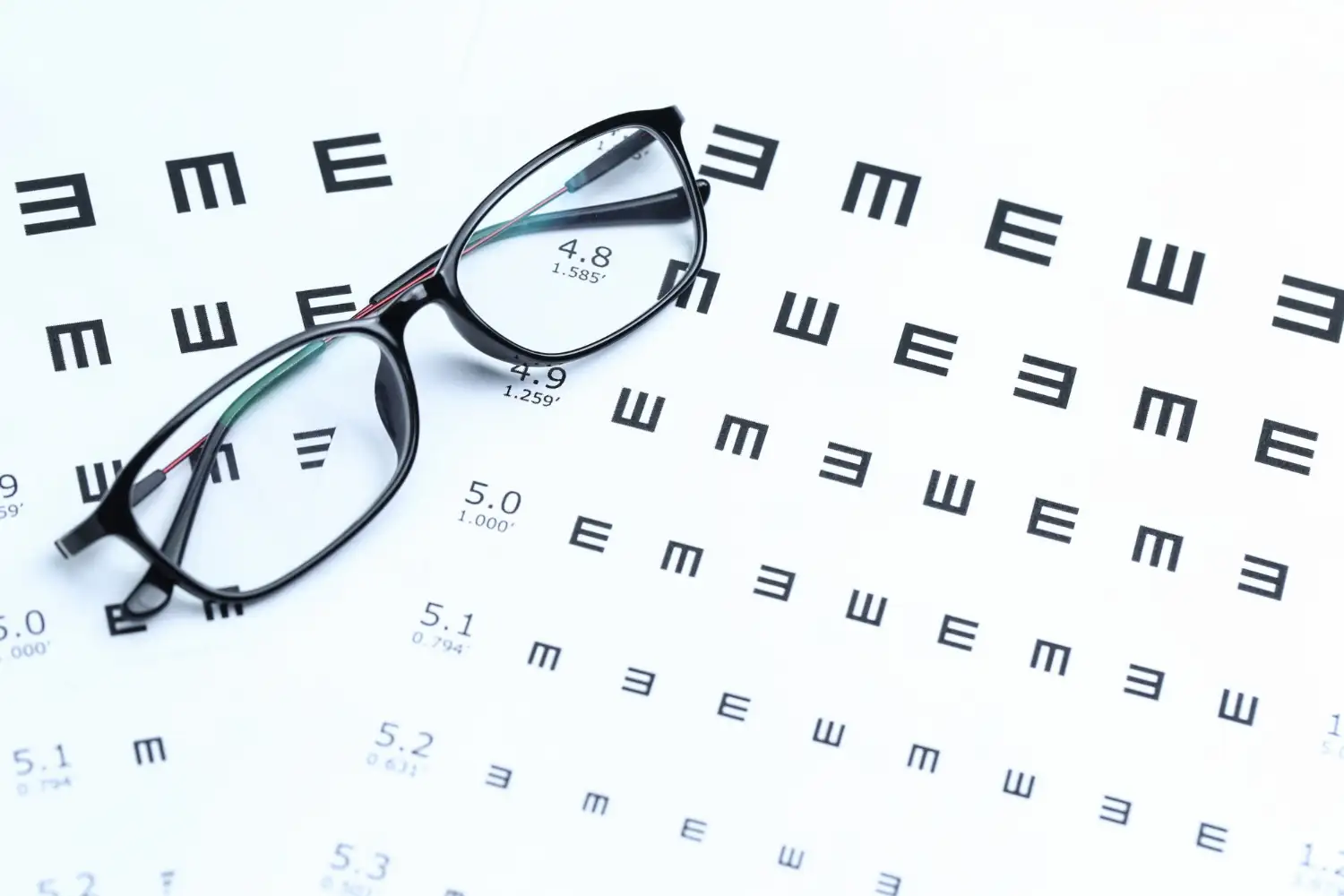Each year, on the last Wednesday in May, communities across the country come together to celebrate National Senior Health and Fitness Day—the nation’s largest annual health and wellness event for older adults. This special day shines a spotlight on the importance of staying active, engaged, and informed as we age, reminding us that growing older doesn’t mean slowing down.
Whether you’re a senior yourself, a caregiver, or a loved one, this day is a powerful opportunity to promote habits that support long-term physical, mental, and emotional health.
What Is National Senior Health and Fitness Day?
Now in its 30th year, National Senior Health and Fitness Day brings together over 100,000 older adults at more than 1,000 locations across the U.S.—from YMCAs and senior centers to parks and wellness clinics. The goal? To encourage seniors to stay healthy and fit through movement, education, and social connection.
Typical Activities Include:
- Group exercise classes like chair yoga, water aerobics, or tai chi
- Health screenings and nutrition workshops
- Walk-a-thons and nature hikes
- Informational sessions on aging, mobility, and chronic disease management
- Social gatherings that encourage mental well-being and community connection
The theme is consistent each year: “Improve Your Health…Improve Your Life!”

Key Activities Seniors Should Be Doing Regularly to Stay Healthy
Healthy aging is not a mystery—it’s the result of consistent, evidence-based habits. Here’s what experts recommend seniors incorporate into their daily and weekly routines:
- Move Your Body—Every Day
Regular physical activity helps reduce the risk of heart disease, stroke, diabetes, osteoporosis, and even cognitive decline.
- Aim for: 150 minutes of moderate aerobic activity per week (e.g., walking, swimming)
- Add in: Muscle-strengthening exercises 2+ days per week (e.g., resistance bands, light weights)
- Don’t forget: Balance and flexibility exercises to prevent falls (e.g., tai chi, stretching)
- Eat for Strength and Longevity
Nutrition plays a critical role in maintaining energy, muscle mass, and immune function.
- Prioritize lean proteins, whole grains, fruits and vegetables, and healthy fats
- Get enough calcium and vitamin D to support bone health
- Stay hydrated, even if you don’t feel as thirsty as you used to
- Stay Socially Engaged
Loneliness and isolation are major health risks for older adults.
- Join clubs, attend events, or volunteer
- Stay connected with family and friends, either in person or virtually
- Consider group classes or local senior programs for structured interaction
- Get Regular Health Screenings
Early detection and management are key to healthy aging.
- Schedule routine checkups for blood pressure, cholesterol, vision, hearing, and bone density
- Stay up to date with vaccines such as flu, shingles, pneumonia, and COVID-19
- Monitor chronic conditions with the help of your healthcare provider
- Prioritize Sleep and Mental Health
Sleep disorders and depression can often go undiagnosed in older adults.
- Aim for 7–8 hours of quality sleep per night
- Practice mindfulness, meditation, or engage in hobbies you enjoy
- Seek help if you’re experiencing sadness, anxiety, or memory issues
What Seniors May Not Know—But Should
While many health tips for older adults are well-known, there are some lesser-discussed truths that can significantly impact senior wellness.
- Muscle Loss Begins Earlier Than You Think
Age-related muscle loss (sarcopenia) can begin as early as your 40s and accelerate in your 60s and 70s. This is why strength training is essential—not optional—for maintaining independence.
- Medications Can Impact Nutrient Absorption
Common prescriptions (like antacids or blood pressure meds) can deplete key nutrients such as B12, magnesium, or potassium. Ask your doctor if supplements or dietary adjustments are needed.
- Mild Cognitive Changes Aren’t Always Dementia
It’s natural for processing speed or memory recall to slow slightly with age. The key is whether the changes interfere with daily life. Staying mentally active—learning new skills, playing games, reading—can help keep the mind sharp.
- Hydration Affects More Than Just Thirst
Older adults are at greater risk for dehydration, which can lead to confusion, falls, and kidney problems. Drink water consistently throughout the day, even if you don’t feel thirsty.
- It’s Never Too Late to Start
Research shows that even people in their 70s, 80s, and 90s can build strength, improve balance, and reduce disease risk through exercise and lifestyle changes.
How to Get Involved in National Senior Health and Fitness Day
Want to participate or help someone you love take part? Here are some ideas:
- Check with local community centers, hospitals, or gyms to see if they’re hosting events.
- Organize a walk with friends or neighbors at a local park.
- Share educational materials about senior fitness and nutrition with loved ones.
- Try a new activity—like gentle yoga, aqua aerobics, or even dance.
- Use the day as a prompt to schedule a health screening or wellness checkup.
Conclusion: Every Step Counts
National Senior Health and Fitness Day is more than an event—it’s a movement to celebrate vitality, independence, and longevity. As we age, it’s easy to feel like wellness is slipping away, but the truth is: you have more control than you think.
By embracing regular movement, mindful eating, social connection, and self-care, seniors can continue to live vibrant, active lives—well into their golden years. And by sharing this message with others, we can all help build a culture that values health at every age.
So whether it’s a walk around the block or your first strength-training class, remember: the best time to start is now.


